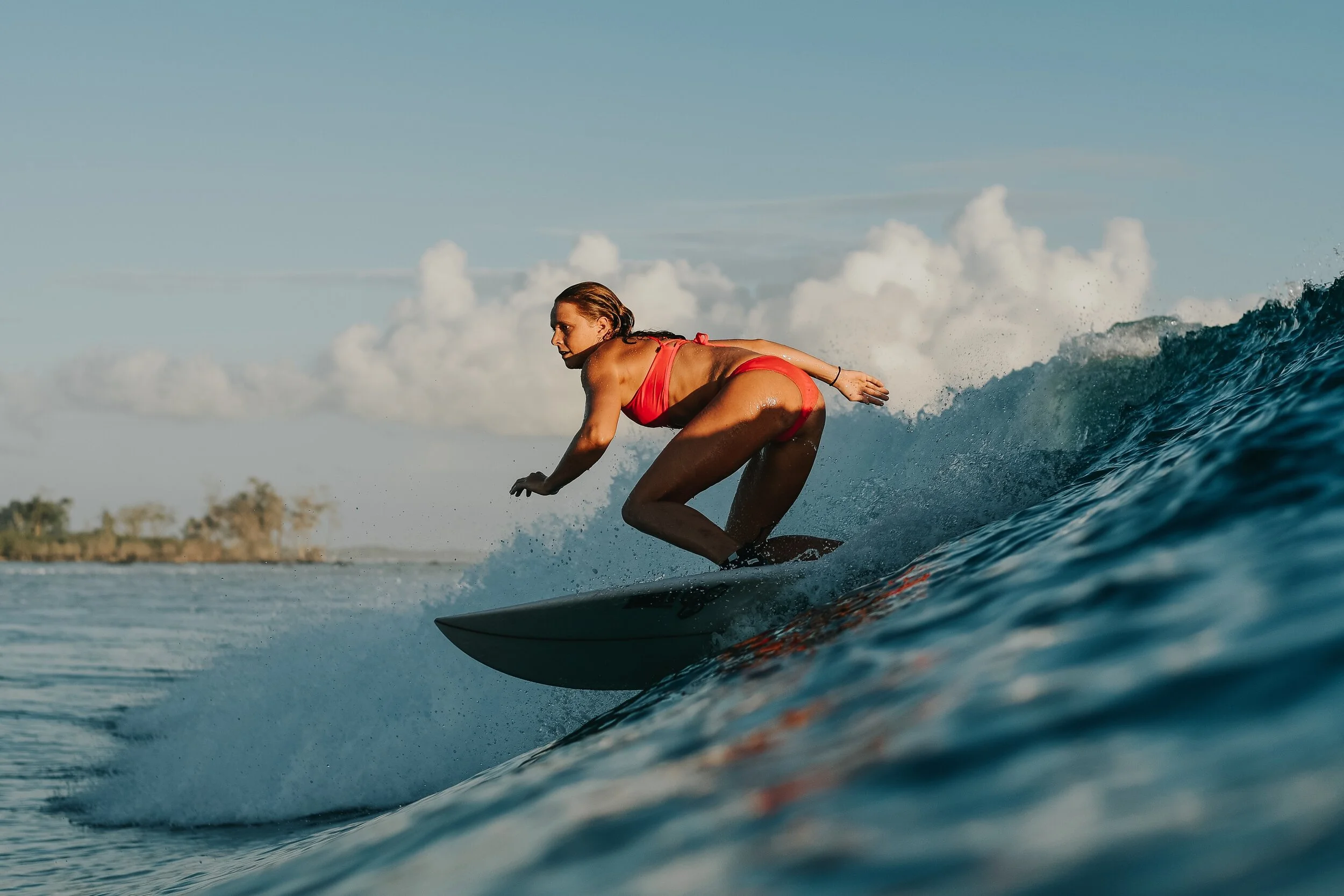PEP-11 stands for Petroleum Exploration Permit 11, a licence to drill for oil and gas just offshore from Manly to Newcastle. As these projects would be developed so close to our shores, an oil spill would destroy the coast from Manly to Newcastle, and all its included biodiversity. It would also mean we can kiss our ocean-based activities and lifestyles goodbye.
My partnership with Freshwater Farm started simply by a friend introducing us at the surf club a few months ago. I was introduced to Allan Hutcherson, the 'farmer joe' of Freshwater Farm. She thought we would be a good match because I am passionate about the environment and Freshwater Farm produces environmentally friendly soaps and body care products. It was not until we met that we discovered we have so much more in common than just a passion for the environment.
For those of you on the East Coast of Australia, have you noticed that it has been a bit wetter and colder than usual? Grab your umbrella and your rain jacket, we are in La Niña! Some of you may be thinking, what the heck is a La Niña? Here is a quick geography lesson on what it is:
Reducing meat in our diets is one of the easiest and most effective ways to reduce our personal carbon footprint. However, everyone has a diet routine and trying to change this is hard. It requires time, thought and energy. Many people have told me how they would love to try and reduce meat in their diet, but just don’t understand how they could do it. My advice is to start small. Meatless Monday is the perfect small change to start with.
Then one afternoon I watched Leonardo DiCaprio’s documentary ‘Before the Flood’ followed by the documentary ‘Cowspiracy’. These documentaries really got to me, and both advocated that having a vegan diet is the most effective way to protect our environment from a range of bad things such as; rising CO2 levels, deforestation, ocean acidification, soil degradation, the list goes on. After watching them I couldn’t look at my diet the same way and I knew what I had learnt would haunt me until I changed it. This moment happened to me about a month before the Australian Championships in 2019, which marks the end of our surf sports season. I told myself I would use this month to research everything about the vegan diet and then when the season ended I would give it a go.
Ever since I was young, I have always been the kind of person who gets very excited to start training again once the off-season break has finished. There have been many seasons where I have been so motivated that I started training too hard too early. By the end of the season, I would feel very burnt out and unmotivated, at a time where I probably needed to be feeling my best. Due to COVID-19, I have had a longer than normal break from training and I am once again feeling extremely motivated to get back into the swing of it. However, over the years I have learnt that to avoid burning out I need to ease back into training.
The rivalry and the friendship. Harriet and I go head to head for the third time in the Molokai 2 Oahu World Paddleboarding Championships. A 52km paddle through the Kaiwi Channel, which lies between the islands of Molokai and Oahu.
In July I will be competing in my third Molokai 2 Oahu Paddleboard World Championships and it will be my third attempt at beating my rival and best friend Harriet Brown. Blue Dinosaur Bars followed my preparation to give you an insight of what is needed to cross the Channel of Bones.
I don't think I have ever met an athlete that has not gone through a point in their athletic career where they have been faced with illness or injury that has set them back in achieving their goals. For me, this happened last season when I got glandular fever after the second round of the 2018/19 Ironwoman Series.
My contribution to the preservation of our oceans is small, in fact, its minuscule. I have not invented some amazing new technology that is going to pick up all the rubbish in the ocean and I have not found a way to turn plastic into plants. All I have is passion. A burning passion to protect our oceans and do as much as I can in my lifestyle to ensure I am supporting a cleaner, zero waste world.
Click to read more.
The world is drowning in plastic. This fact is easily ignored, but it is happening and causing our oceans to reach a crisis point. The destructive effects plastic can have on our oceans has been known for decades, yet plastic production is at an all-time high. In the past 15 years we have produced more than half the plastic that has ever existed. However, every small action taken to reduce plastic entering the ocean, will and has made a difference.
There no feeling that quite compares to the one that you get when you are standing on a beach and looking at the faded outline of another island on the other side, and knowing that your about to get on a plank of foam and fibreglass, and paddle 52 kilometres all the way over there with you bare hands.
It is believed that at this moment, there are 5.25 trillion pieces of plastic debris in the ocean. 8 millions tons of plastic are dumped into the ocean each year. 15000 piece each day. Over 1 million sea birds and 100,000 other marine animals are killed by plastic each year. But marine life isn't the only thing destroyed.
Click view post to read more















